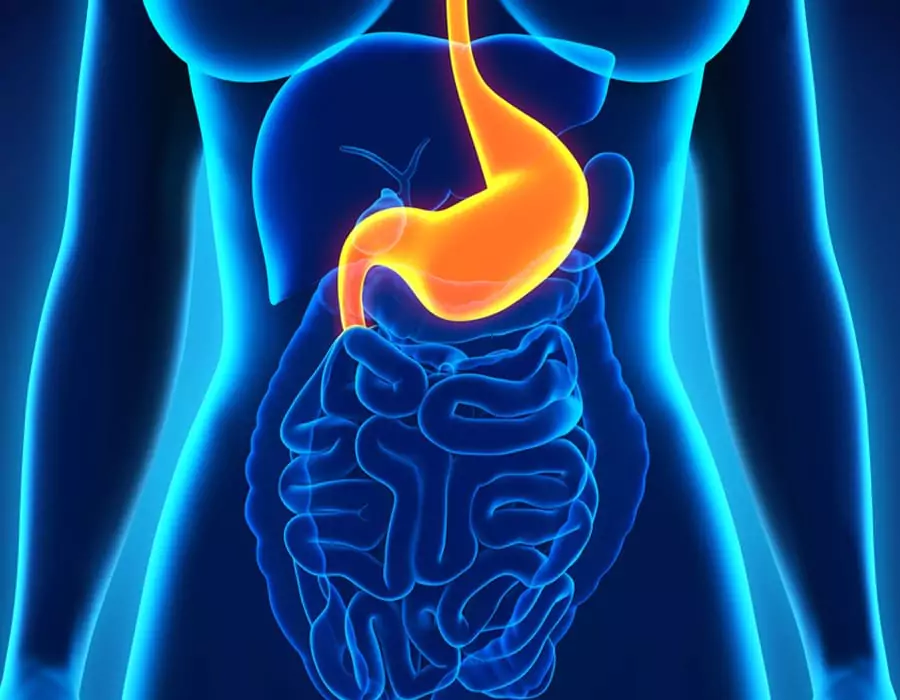
UP TO 40% OFF SITEWIDE






Diabetic Gastroparesis-Diagnosis and treatment


Diabetic gastroparesis
Diabetic gastroparesis simply means delayed gastric emptying in the presence of mechanical obstruction. Patients feel excessive fullness, bloating, nausea, and in some cases vomiting and abdominal pain. Longstanding diabetes especially type 1 diabetes is the main reason for gastroparesis.
Diabetic gastroparesis does not happen at least within the first 5 years of diabetes however, after the first 10 years of diagnosis gastroparesis tends to happen in 5% of type I diabetic individuals and 1% of type II diabetic individuals.
Patients with gastroparesis also tend to have other neuropathy (nervous system dysfunction) problems such as orthostatic low blood pressure(dizziness upon standing up from a sitting position) in some cases. Some patients may also have a loss of change in their heart rhythm upon breathing during the EKG study.
Normally when we inhale and exhale our heart rate changes. In patients with autonomic neuropathy, heart rate will not change with inhalation and exhalation. Symptoms tend to be more severe in type 1 diabetic individuals when they have gastroparesis.
It also makes diabetes control difficult due to the fact that the food in the stomach would not get absorbed for a few hours and then and gets dumped suddenly after many hours. For insulin users that can cause low blood sugar written first 2 hours of insulin injection and then high blood sugars 5 to 6 hours after food intake.
That is because mealtime insulin only lasts 4 hours in your system. On the other hand, your stomach can release its content 5 hours after ingesting food. Gastroparesis typically happens in the long-term however blood sugar spikes above 200 will also cause gastroparesis acutely.
So when blood sugars are in a more controlled range symptoms of gastroparesis tend to be improved. Gastroparesis Medications That Can Cause or Worsen Gastroparesis
Some medications can also cause delayed gastric emptying such as narcotics (opioid drugs such as morphine), blood pressure medications such as clonidine and amlodipine, Victoza, Ozempic, Trulicity, Rybelsus, cyclosporine, etc. if you are on 1 of these medications she may need to discuss with your physician for possible alternatives.
How do we diagnose Diabetic Gastroparesis?
We always do upper gastrointestinal endoscopy to rule out mechanical obstruction. A barium follow-through examination can also be done. If available CT or MRI enterography can be very helpful. If there is no evidence of obstruction we would do a gastric emptying study. Individuals typically eat solid food and scintigraphic imaging can detect if the emptying is slow.
We diagnosed gastric emptying if gastric retention of food is more than 10% at 4 hours and/or more than 60% at 2 hours when Individuals eat low-fat scrambled eggs at the start of the test. If it is more than 35% retention at 4 hours we consider that is severe gastroparesis.
How to treat Diabetic Gastroparesis?
Dietary modification is the most important in the initial step. We tell our patients to avoid fatty, spicy, acidic, and high-fiber foods. Yes, high-fiber typically helps diabetics when they do not have gastroparesis.
However, 1 day have gastroparesis high fiber content makes it worse and delay gastric emptying even further. 1 exception is that soluble fiber or fiber that is cooked can be much easier digested. Liquids are much better tolerated so if an individual cannot tolerate solid food we generally recommend patients to concentrate on liquid foods or homogenize the solid foods(you can grind solid foods).
If you are vomiting we need to make sure that your hydration is adequate so enough potassium and liquid intake is important. Controlling blood sugar is extremely important as we have discussed sudden spikes in blood sugar will create a sudden decrease in gastric emptying.
Pharmacological options include metoclopramide liquid form 10 mg 3-4 times a day before meals. If symptoms persist we use domperidone 10 to 20 mg 3 times a day and if symptoms still persist we will use erythromycin up to 250 mg a day 3 times a day. If everything fails gastric electrical stimulation can be the last resort treatment.
Written By Dr. Ahmet Ergin
466 total articles
Meet Dr. Ahmet Ergin, a highly skilled and dedicated endocrinologist with a passion for diabetes care. Dr. Ergin earned his medical degree with honors from Marmara University in Istanbul. He completed internal medicine residency and endocrinology fellowship at Cleveland Clinic. Dr. Ergin is board-certified in Internal Medicine, Endocrinology, Diabetes, and Metabolism due to his vast medical expertise. He's a certified diabetes educator, author of “The Ultimate Diabetes Book,” and founder of “the SugarMD YouTube channel.” Dr. Ergin offers exceptional diabetes care to his patients in Port Saint Lucie, FL, helping them manage effectively. For a closer look into his insights and experiences, connect with Dr. Ahmet Ergin on LinkedIn, Instagram, and YouTube.”
Disclaimer: These statements have not been evaluated by the Food and Drug Administration. Information on this website isn't intended to treat, cure or prevent any disease. Discuss with your doctor and do not self-treat.
Products











